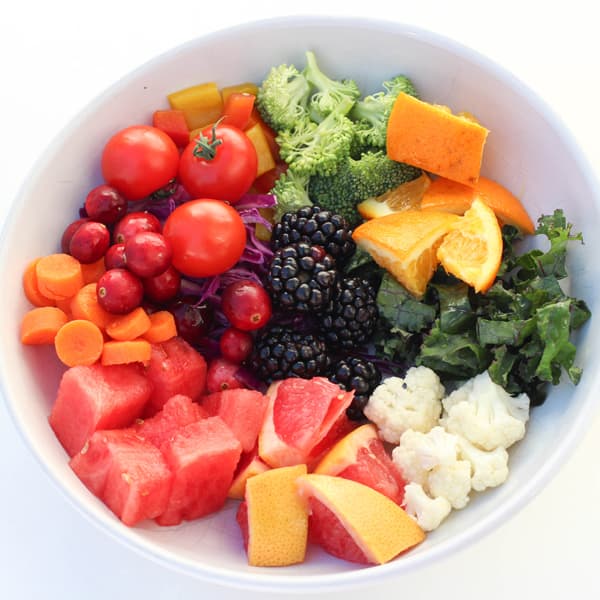Topic summary contributed by volunteer(s): Crystal
Most Americans suffer an acute diarrheal illness every year. Certain foods may increase our risk of getting diarrhea such as meat, gluten if we have a gluten sensitivity, and fish. Diarrhea can also be an unwanted side effects for many medications including metformin, an antidiabetes drug, antibiotics, and the diet drug, alli.
Some foods that may help prevent diarrhea include foods high in fiber, probiotics, chamomile tea, and amla. Good gut flora is one key to preventing diarrhea.
For substantiation of any statements of fact from the peer-reviewed medical literature, please see the associated videos below.








































